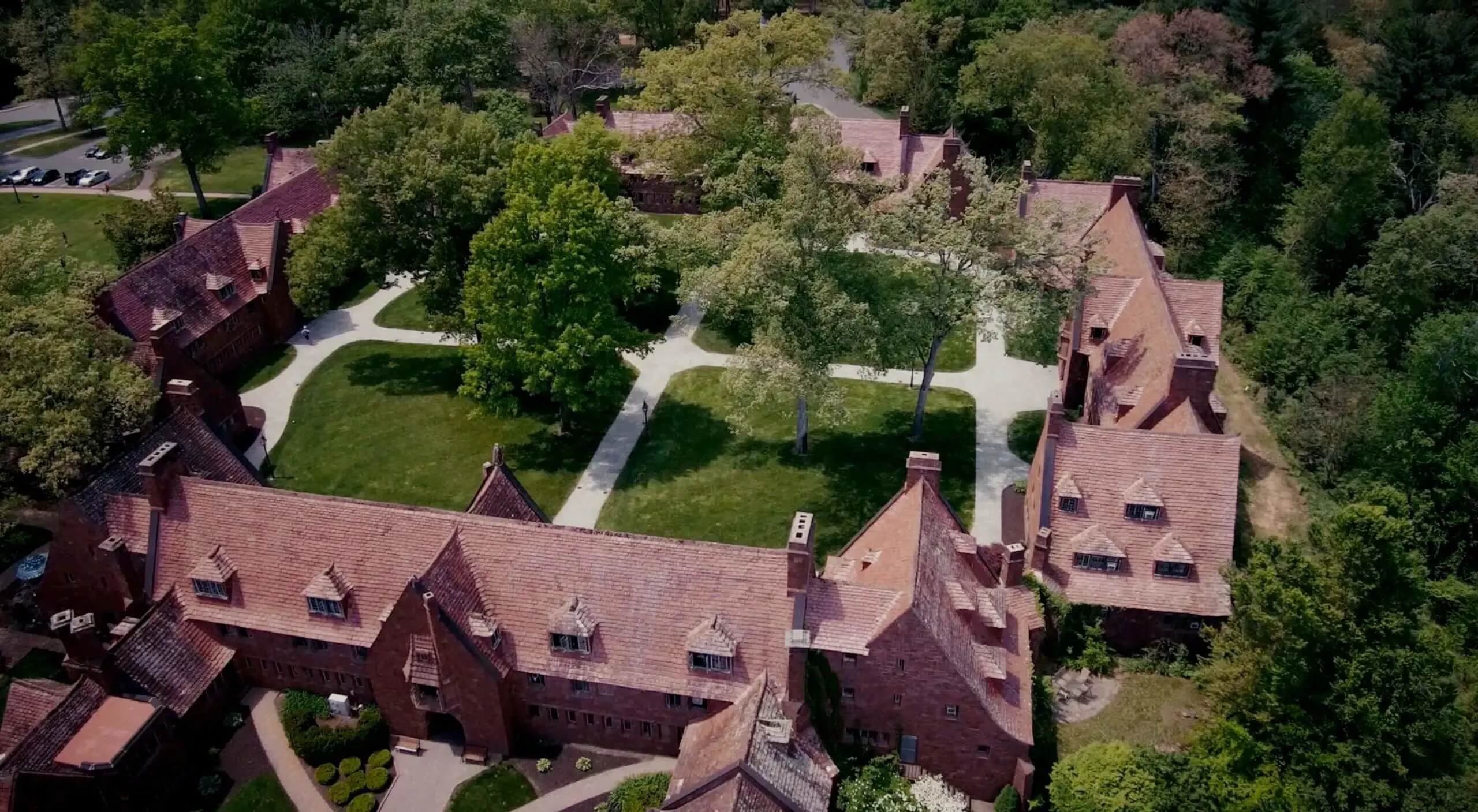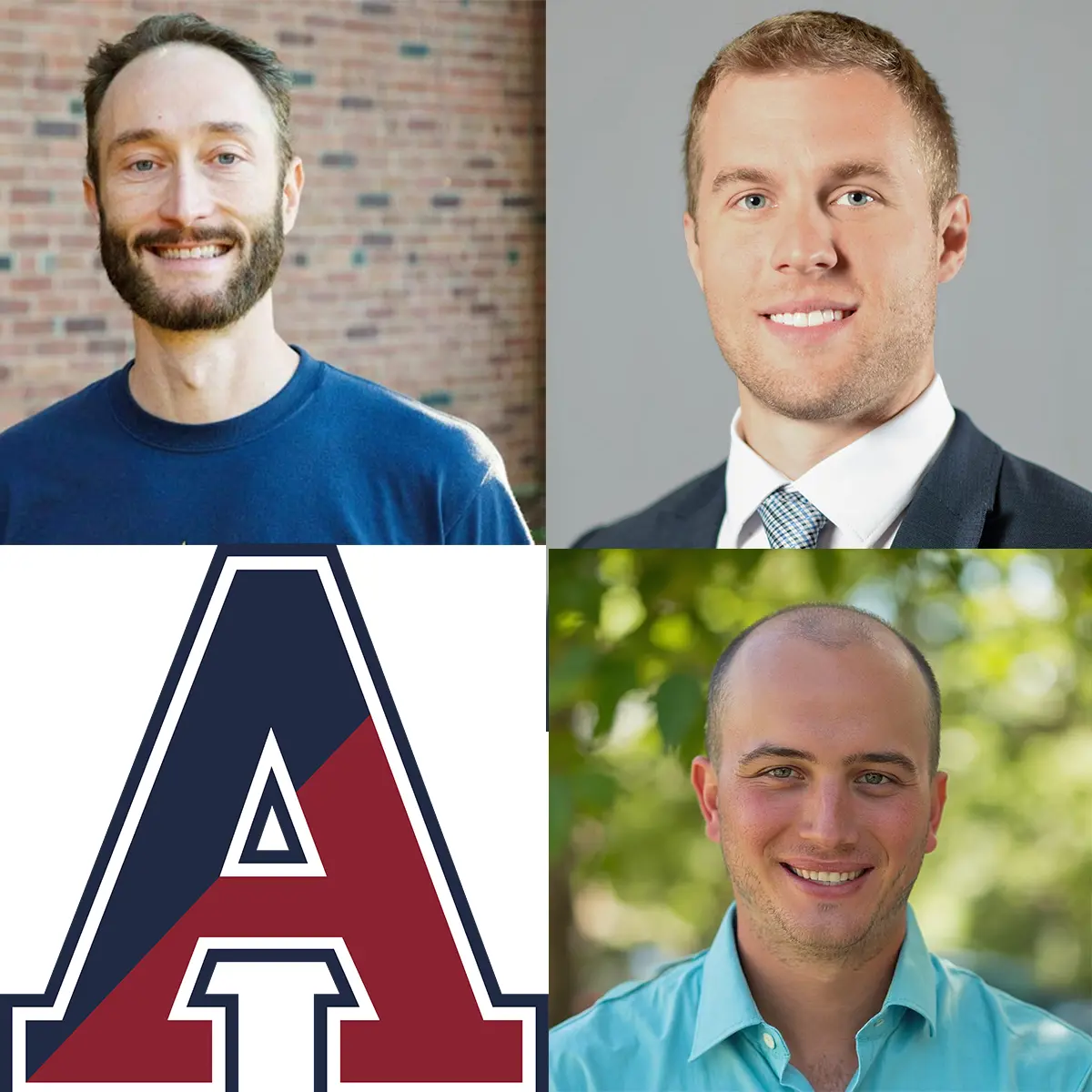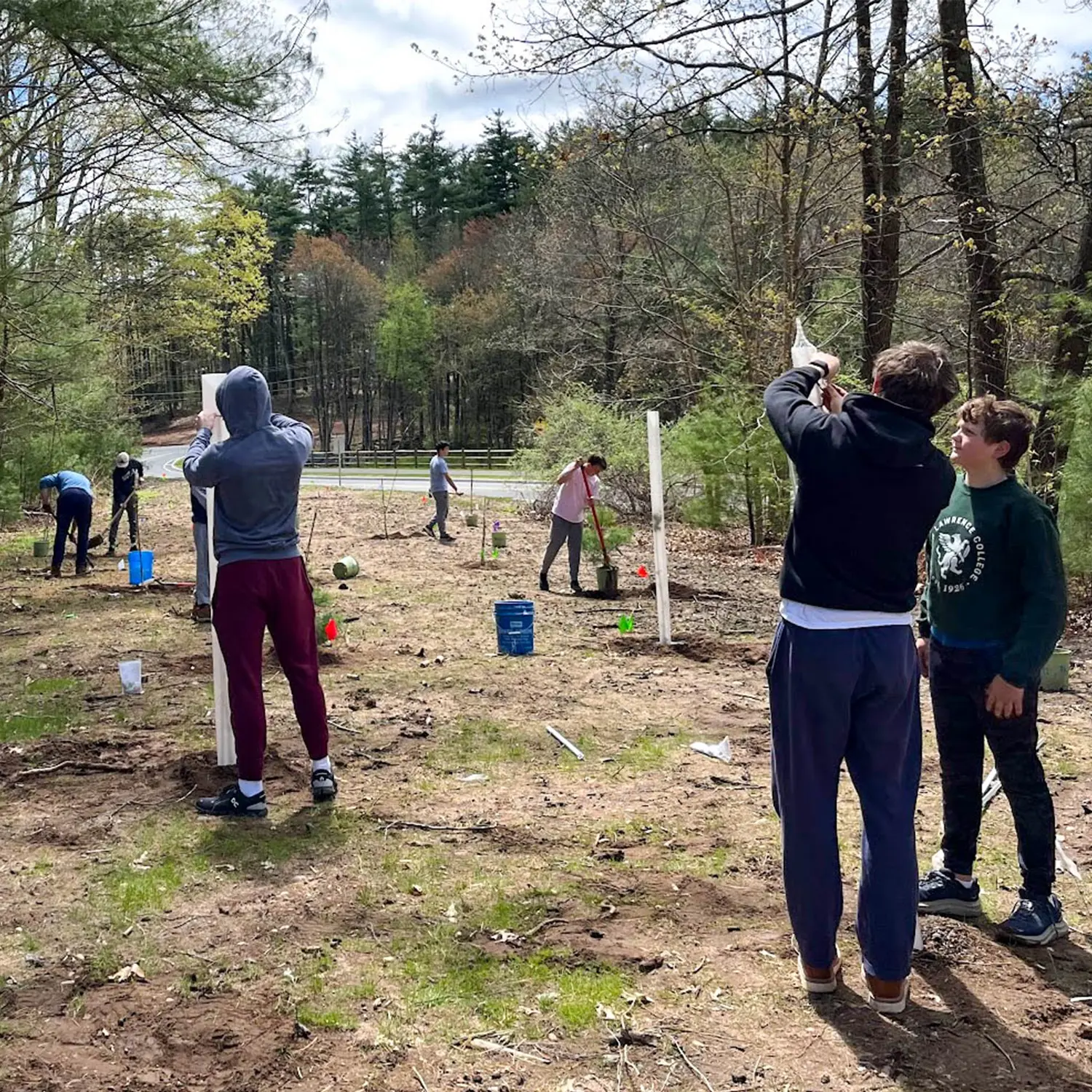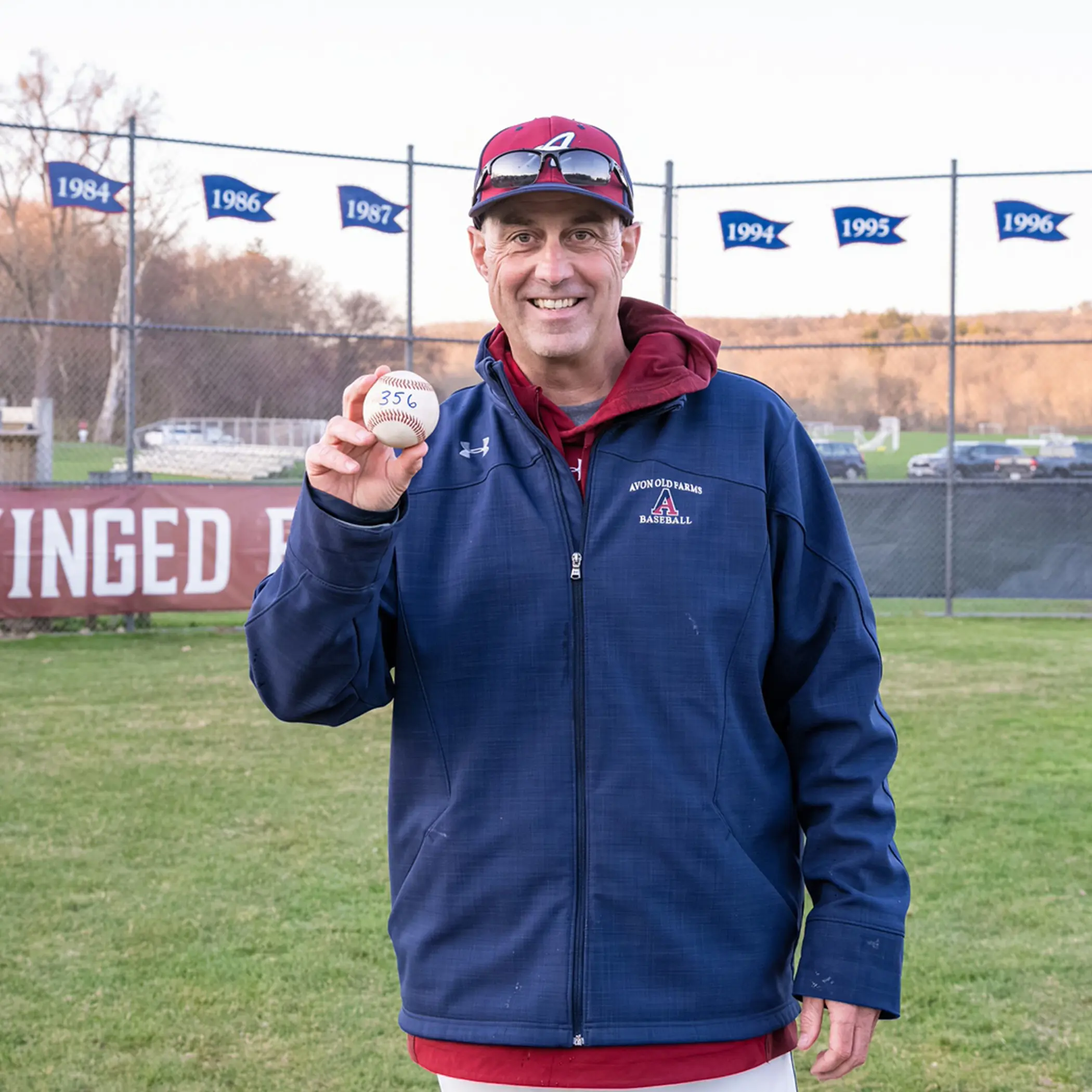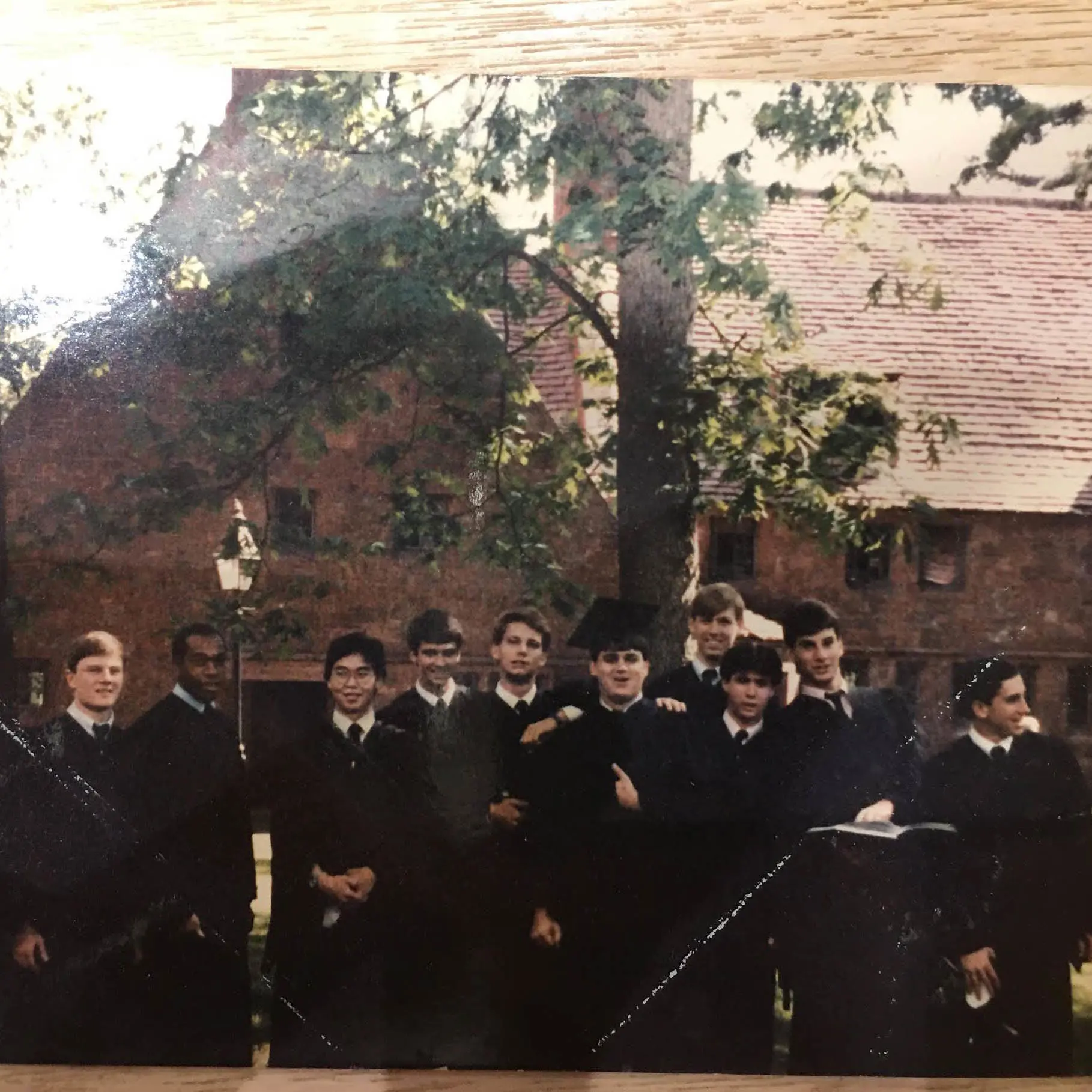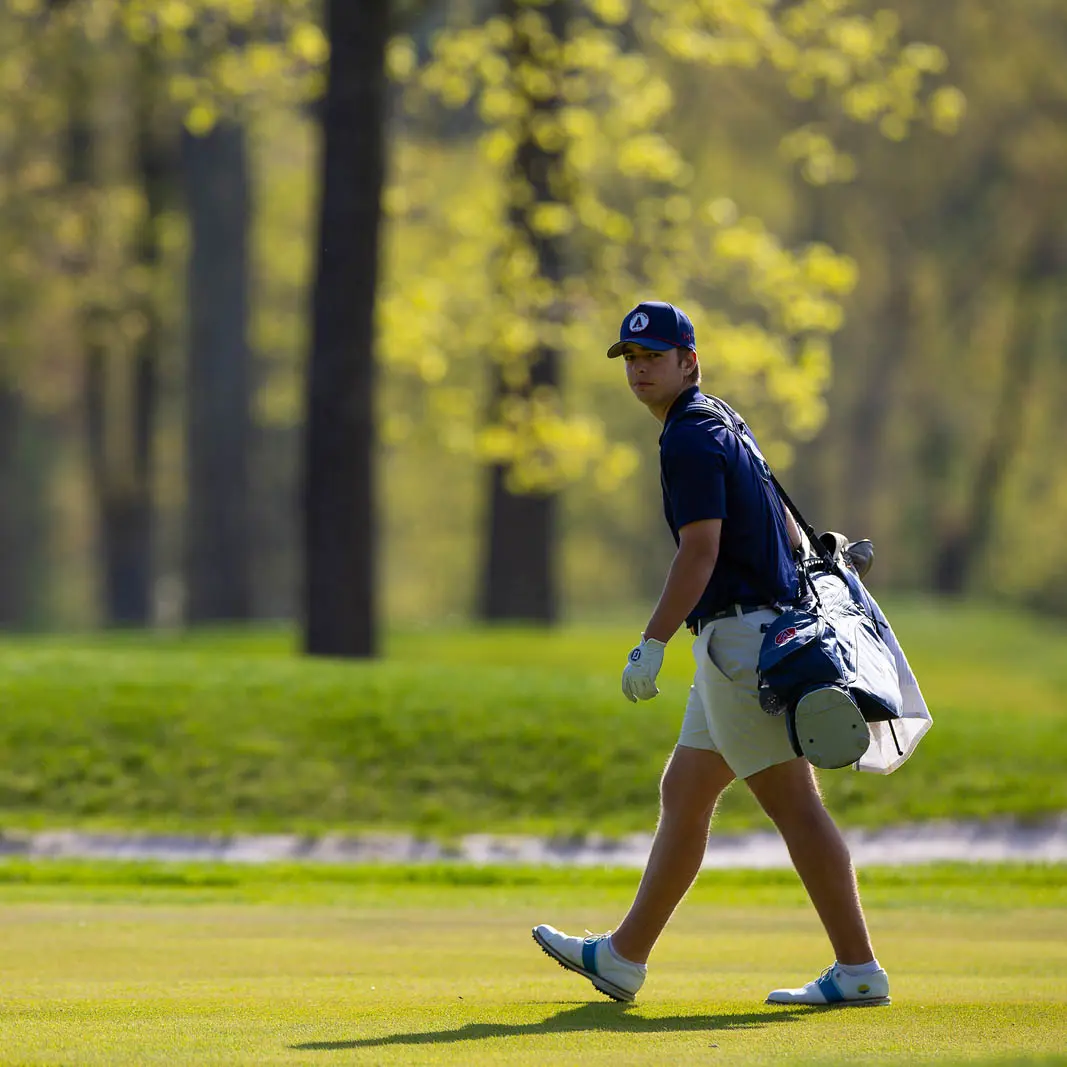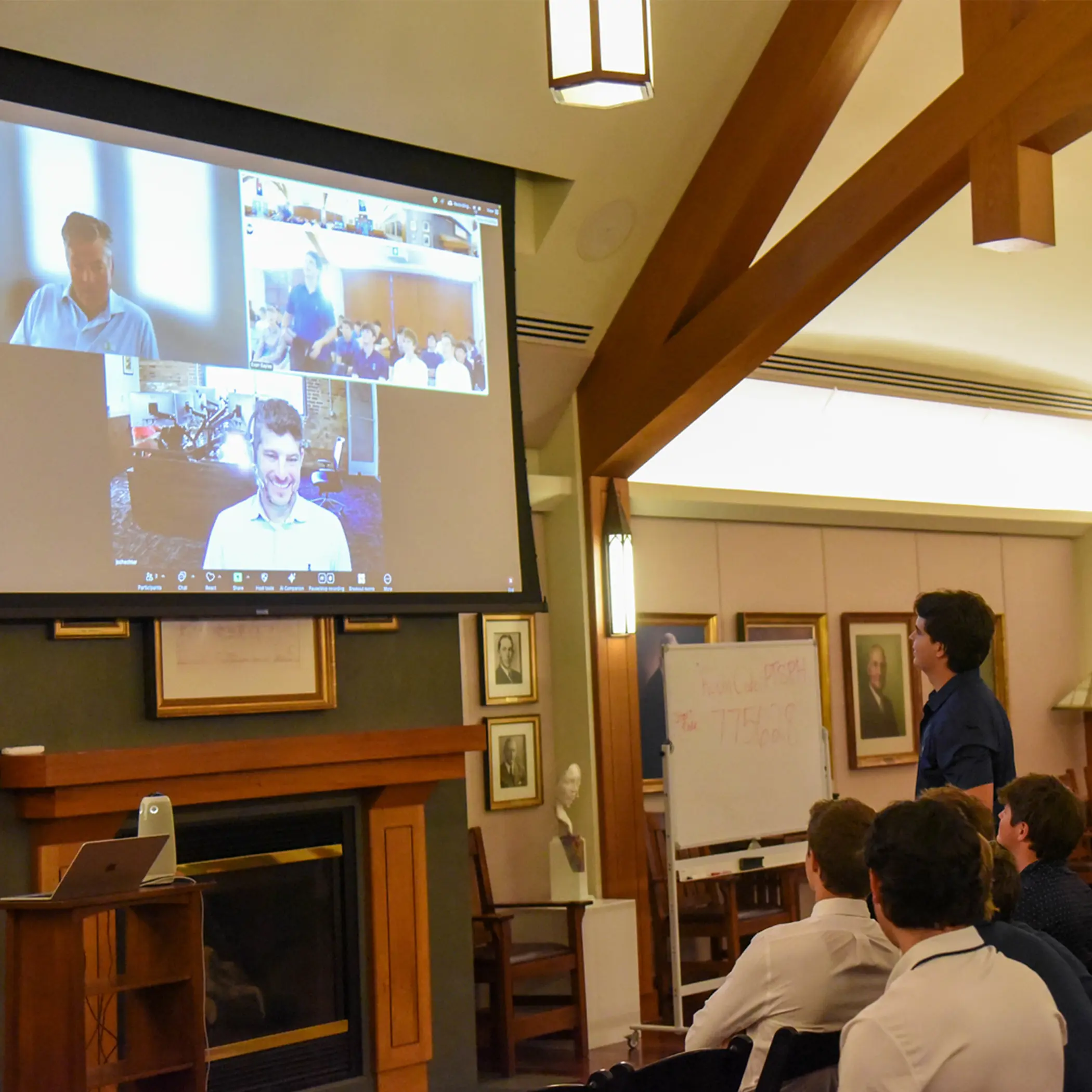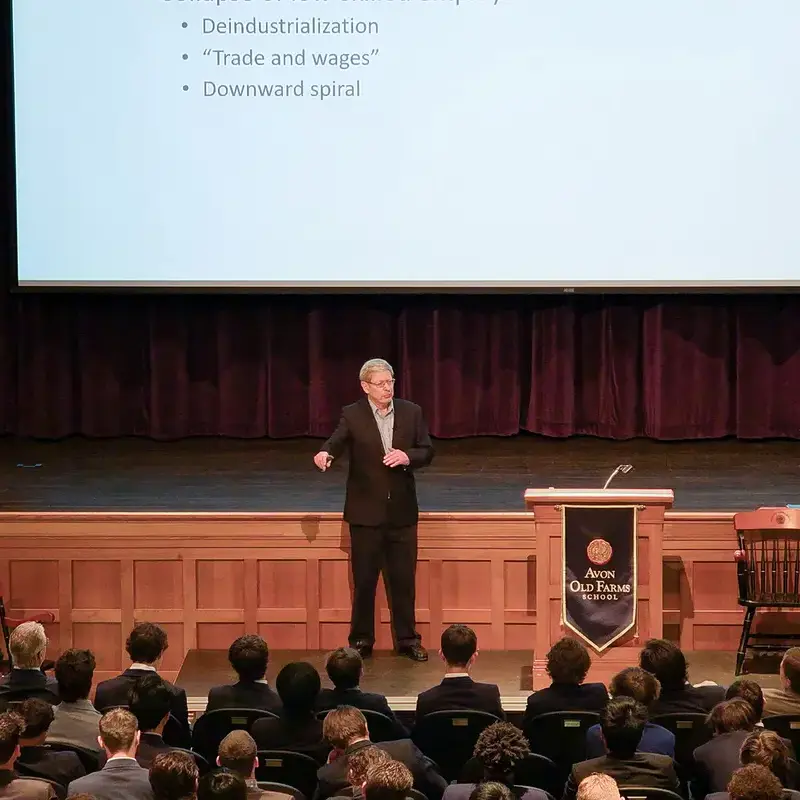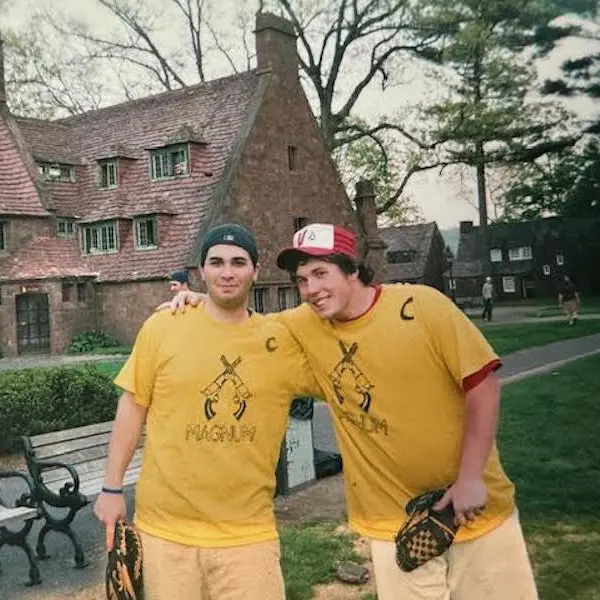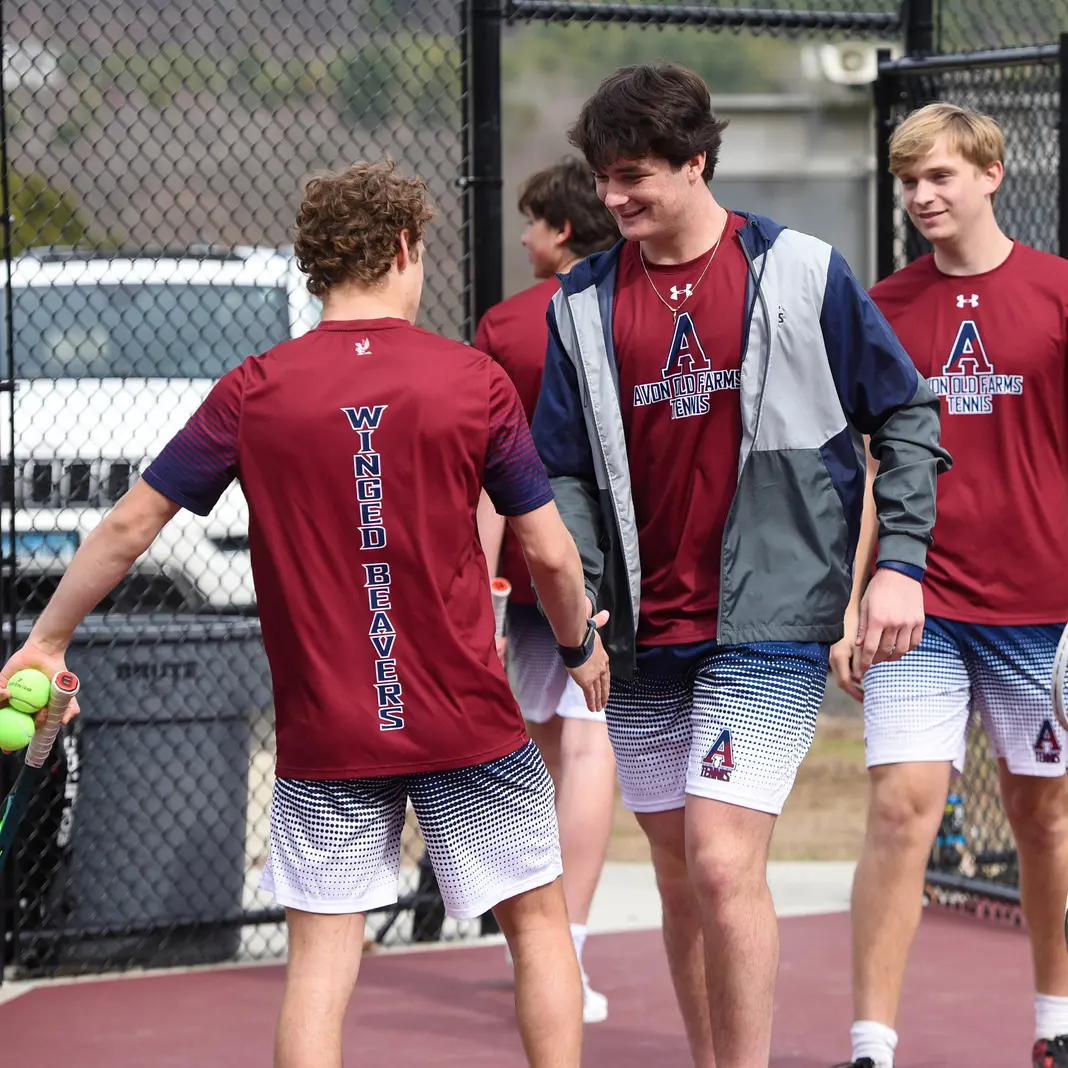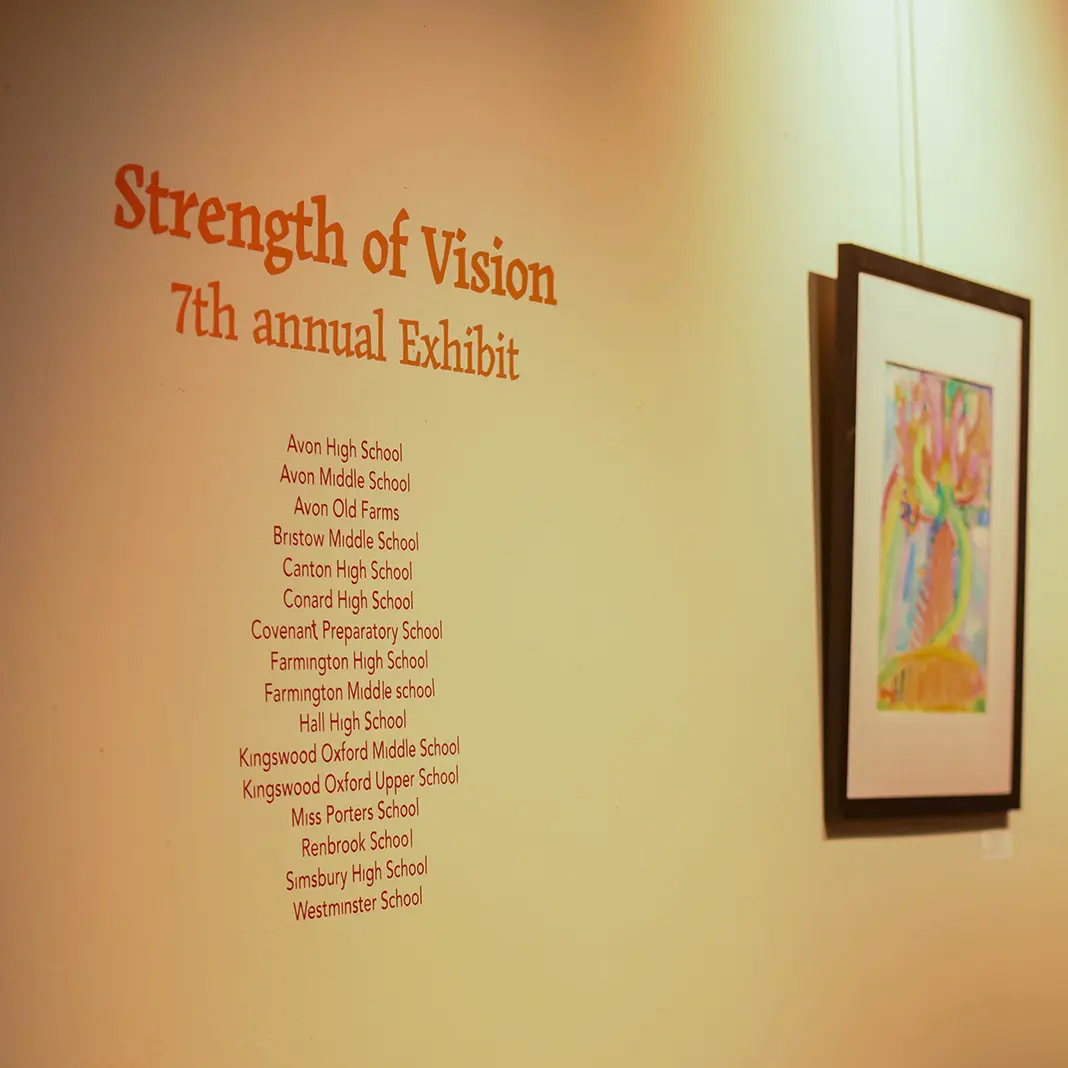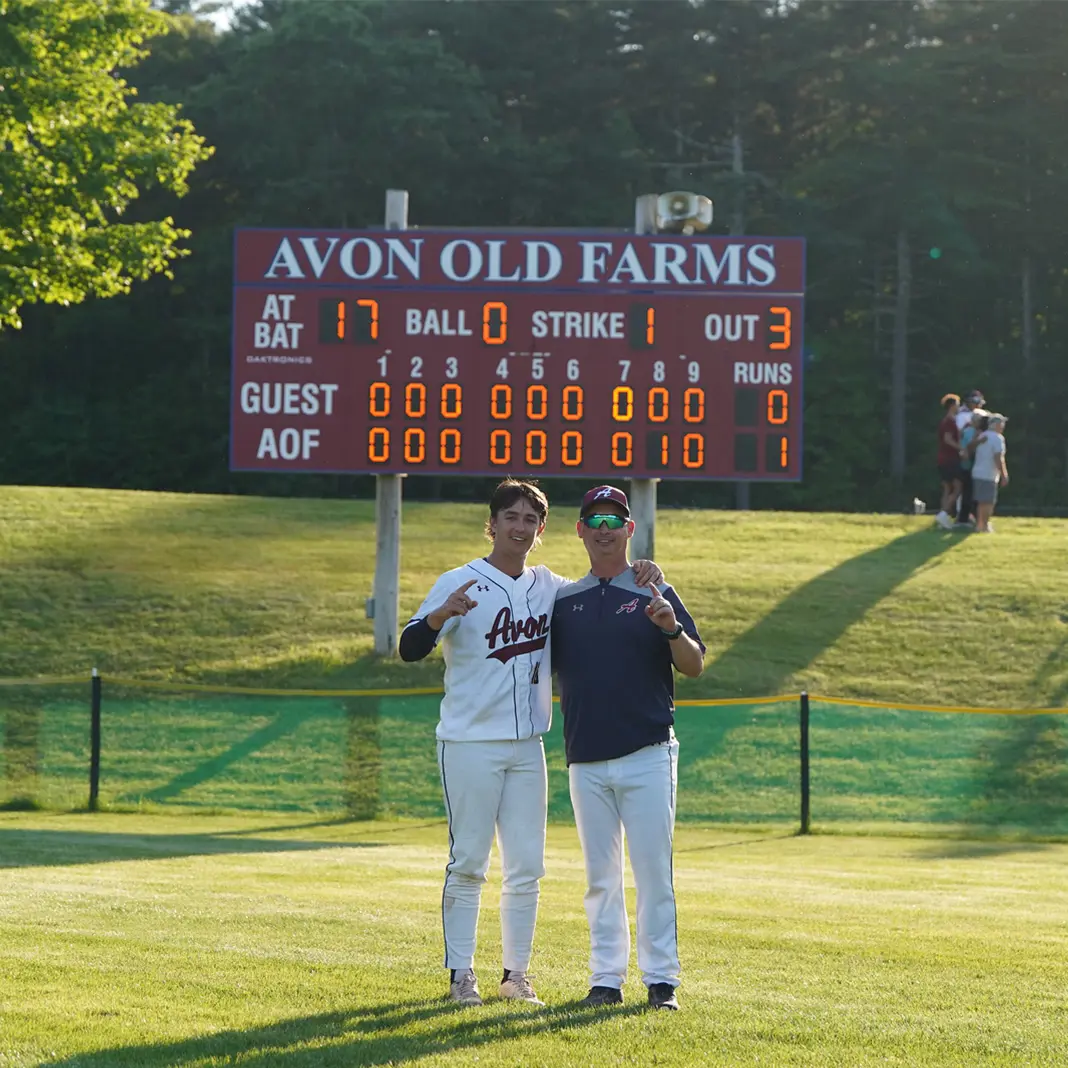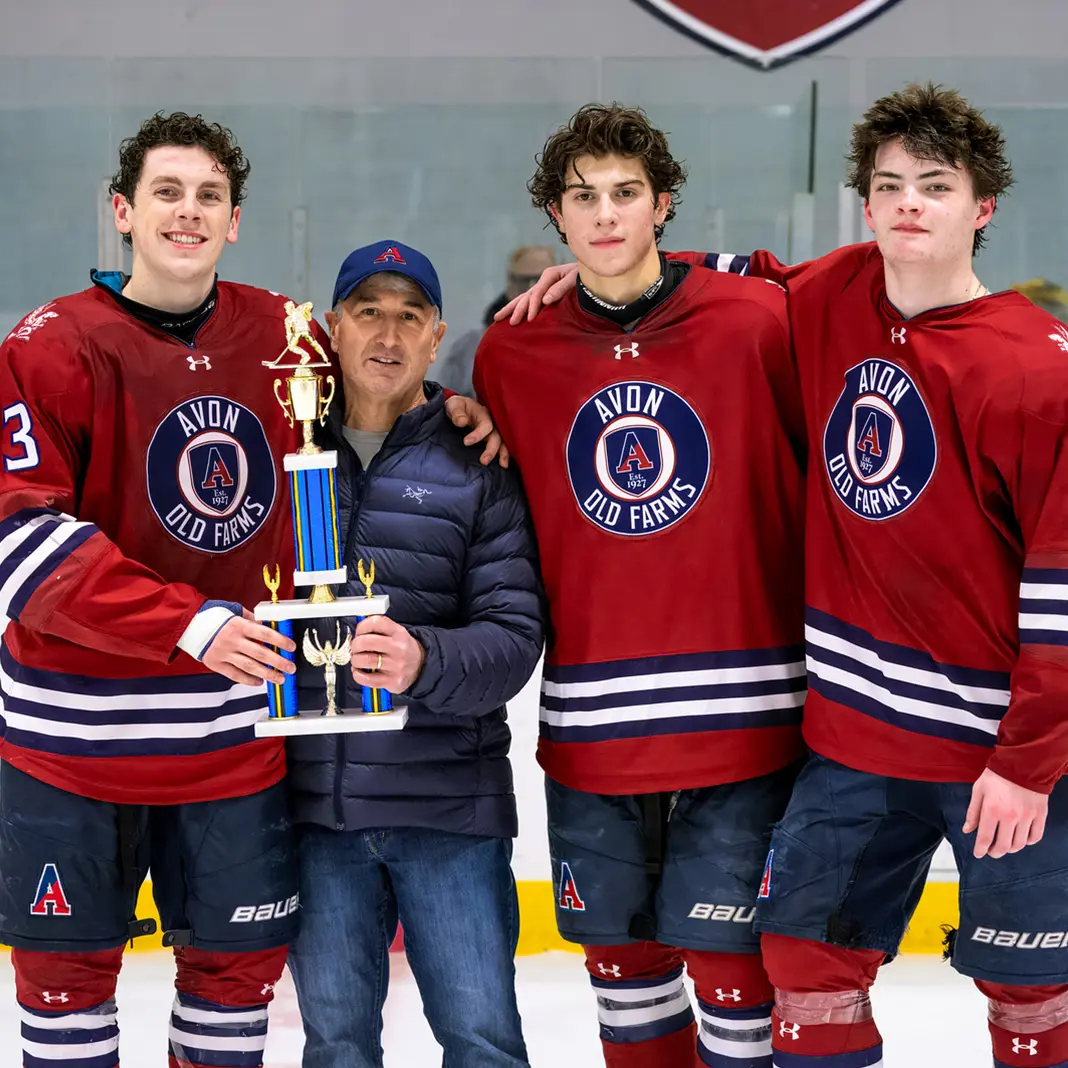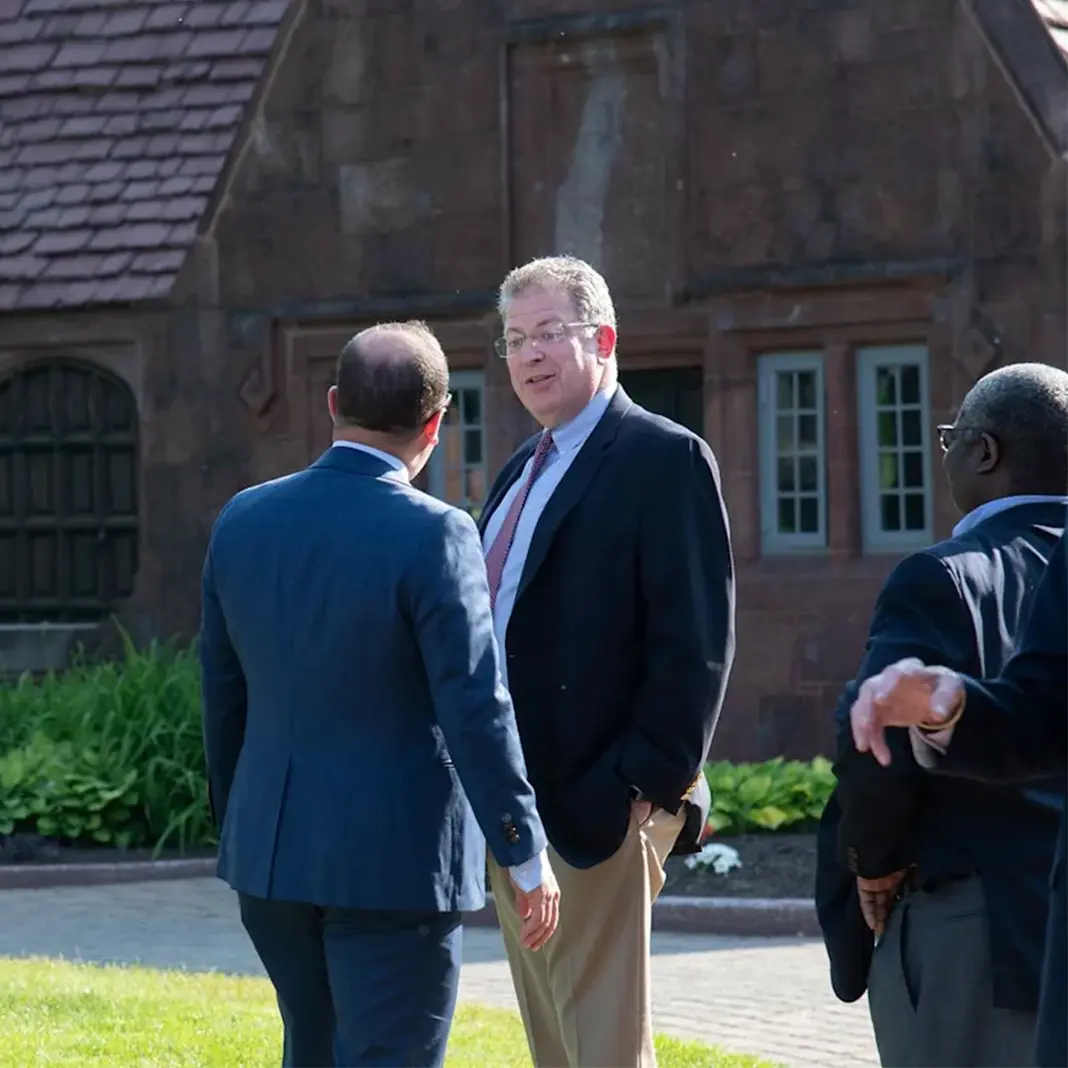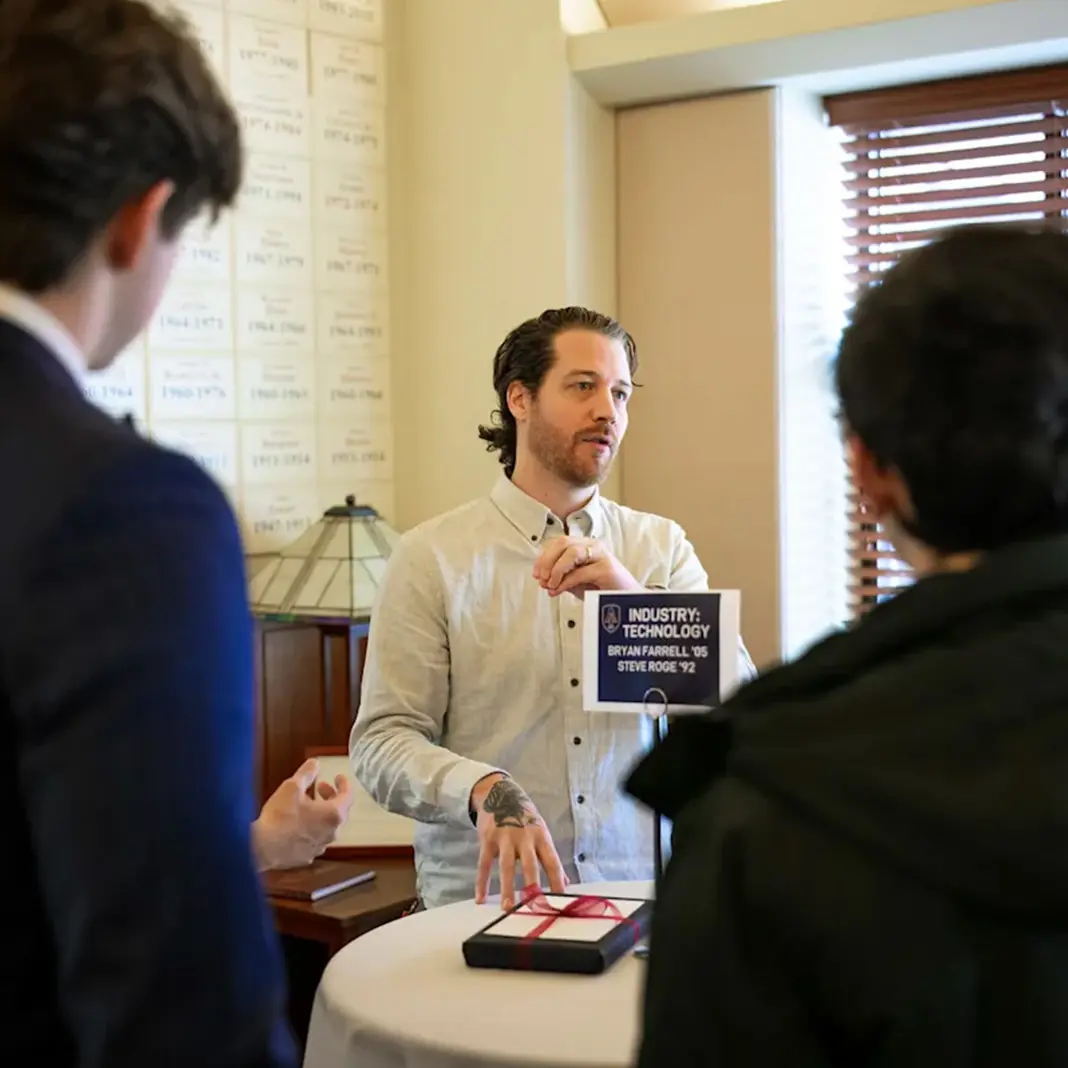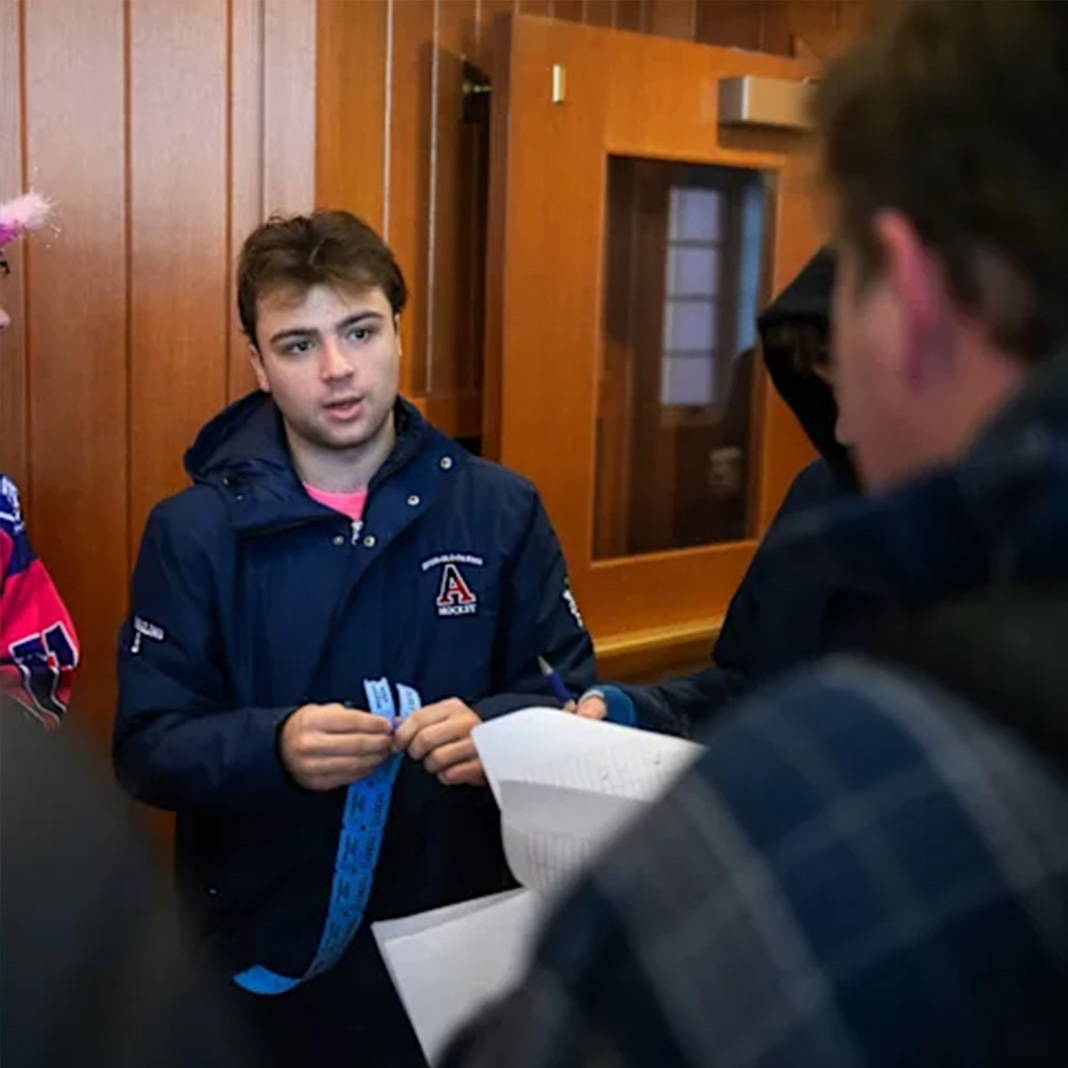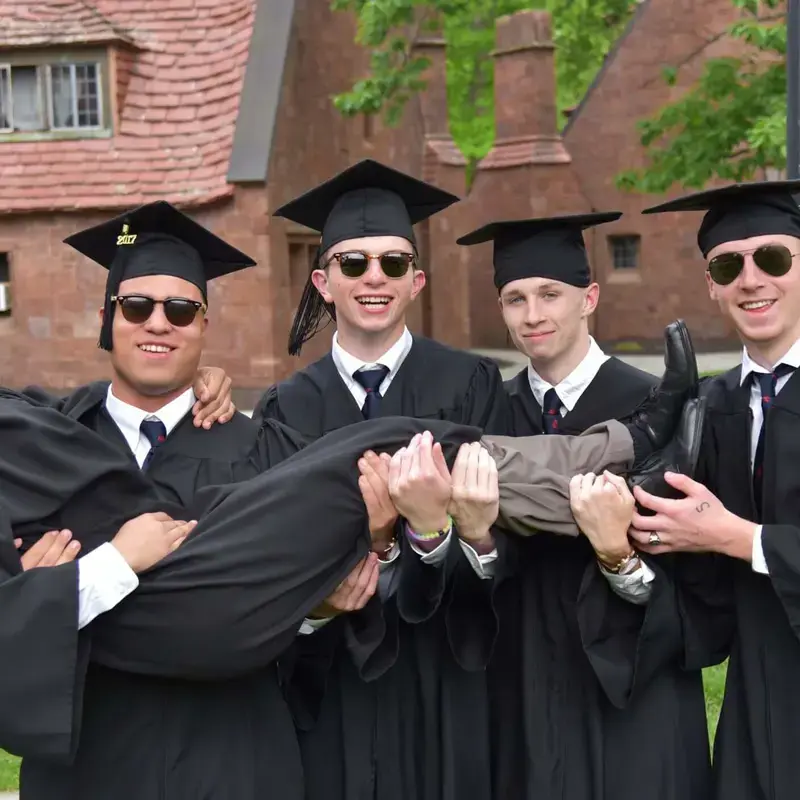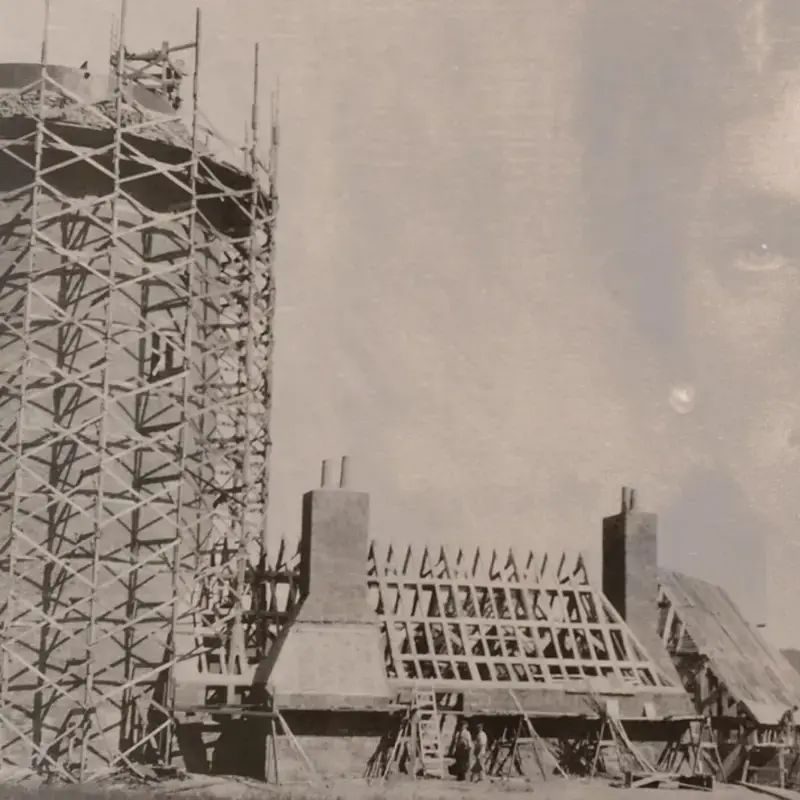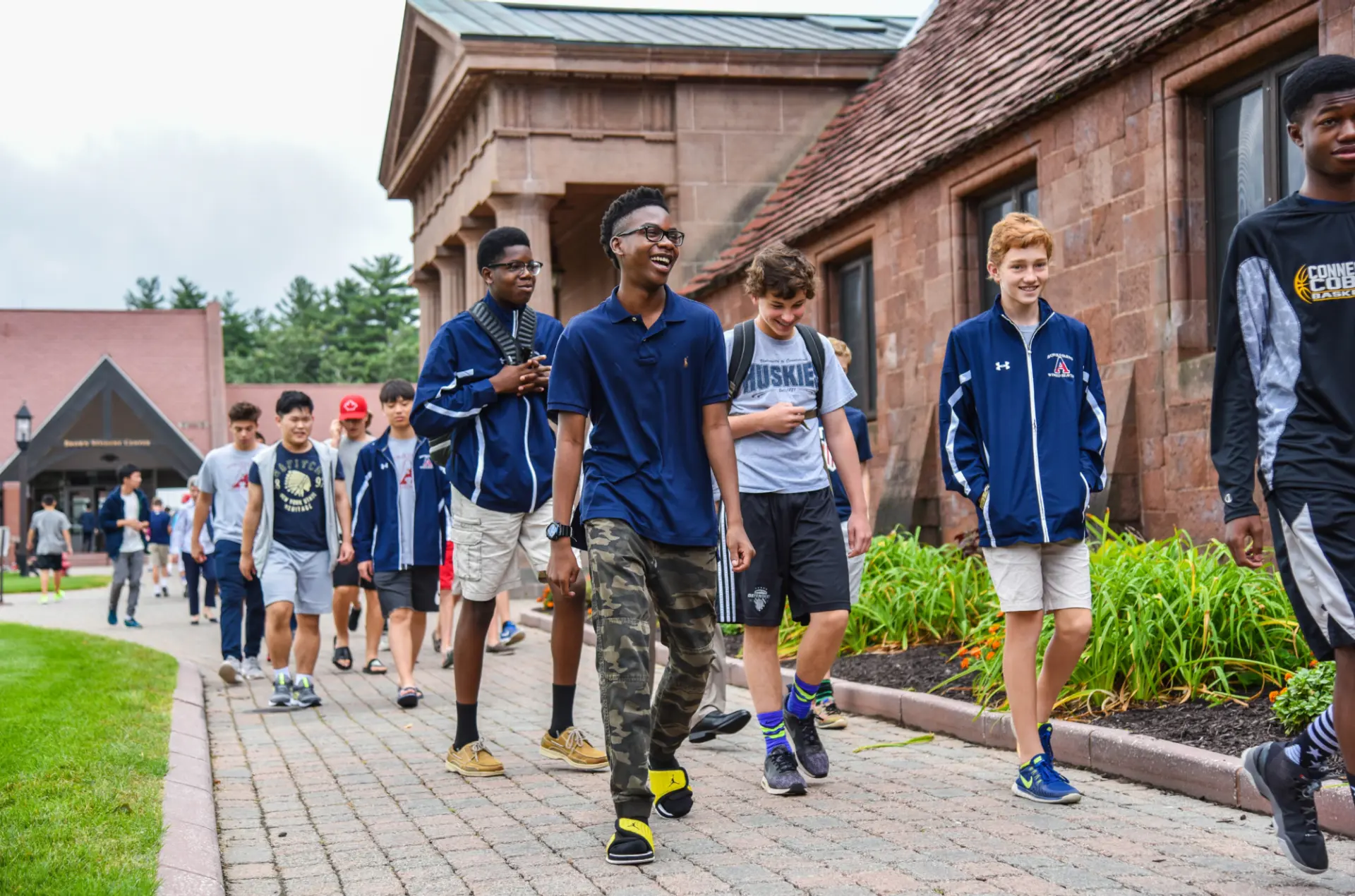News: In the Quad and Around the World
|
|
From the Village Green and out into the world, Men of Avon are making an impact.
Keep up with the news here!
-
Tue, 01 Jul 2025
Avon Old Farms Strengthens Athletics Program with Trio of New Coaches
Avon Old Farms School is proud to announce the addition of three new varsity head coaches to its renowned athletics program. These talented leaders bring a wealth of experience, passion, and dedication to the Winged Beavers community.
-
Fri, 06 Jun 2025
Student’s Eagle Scout Project Replaces 150+ Trees on Campus
When a town construction project left a strip of campus without trees, one student saw it as the perfect opportunity to complete his Eagle Scout project.
-
Thu, 29 May 2025
2025 Spring Sports Recap
Winning games, breaking school records, and exemplifying sportsmanship were all a part of this spring sports season, completing a year full of awesome sports.
-
Thu, 22 May 2025
In Loving Memory of Dr. Diana Malchoff P’07
Dr. Diana ‘Doc’ Malchoff P’07, a cherished member of the Avon Old Farms community, passed away peacefully on April 5, 2025, surrounded by her family after a courageous battle with cancer.
-
Wed, 21 May 2025
Featured Alumnus: “Peter” Phuoc Hong Huynh ’86
From Vietnam War refugee to the Avon Old Farms School Dean's List. Read the remarkable story of this month's featured alumnus: “Peter” Phuoc Hong Huynh ’86.
-
Mon, 19 May 2025
Captain's Corner: Golf
We sat down with varsity golf captain Timmy Adams '25 ahead of their final tournament of the season to find out more about his role.
-
Thu, 08 May 2025
R.E.A.L. Learning in Action: Econ Students Learn about 2008 Financial Crash from Inside Sources
Economics students had the unique opportunity to discuss the 2008 financial crisis with two primary sources—individuals who were working on Wall Street at the time. These sources shared insight that no textbook or worksheet would be able to replicate.
-
Mon, 21 Apr 2025
Columbia Professor Offers Insight on the Shifting Opinions Around Globalization at Avon Old Farms
Columbia Professor Offers Insight on the Global Backlash Against Globalization at Avon Old Farms
-
Fri, 18 Apr 2025
Featured Alumnus: Andrew Valentine '05
Andrew Valentine recently returned to campus as a volunteer for the school's unique Intersession program. Find out more about his experience and what else he's been up to since graduation.
-
Tue, 15 Apr 2025
Captain's Corner: Varsity Tennis
The Varsity Tennis team are off to a great start this season. We sat down with team captain Quinn Mullin '26 to get more details on their early success.
-
Wed, 02 Apr 2025
Avon Old Farms Hosts 7th Annual Regional Art Show
The seventh annual Avon Old Farms School regional art exhibition opened on Thursday, March 27, highlighting art from middle and high school students from around central Connecticut.
-
Sat, 29 Mar 2025
Captain's Corner: Baseball
The varsity baseball team is coming off of back-to-back Founders League championships and are the top-ranked team in New England going into this season. Needless to say, expectations are high and the pressure is on. We sat down with captain Owen Callaghan ’25 to find out how he and his teammates are prepping for the season.
-
Fri, 21 Mar 2025
2024-25 Winter Sports Recap
The long winter sports season has finally come to an end. Once again, the Winged Beavers made us proud, whether on the ice, court, mat, or in the pool. Read more to find out how each team did.
-
Sun, 16 Mar 2025
Featured Alumnus: Sam Rubenstein '85
Sam Rubenstein ’85 normally visits campus twice a year to meet with the rest of the Alumni Council. This year, he says he is excited to extend one of those visits to be able to attend his 40-year reunion. Read more to find out what else Sam has been up to.
-
Wed, 12 Mar 2025
Winter Musical, The Lightning Thief, Brings Greek Gods to Avon
After months of preparing, the Old Farms Theater Company successfully transformed the Adams Theater into “Camp Half-Blood” for two nights in February with a performance of Percy Jackson's The Lightning Thief.
-
Tue, 11 Mar 2025
Featured Alumnus: Bryan Farrell '05
The first ever Avon Alumni Career Day took place on Saturday, with several alumni returning to campus to share their wisdom and advice with current juniors and seniors. One of the alums in attendance was Bryan Farrell ’05. Find out more about what insights he had to offer, and what else he's been up to since graduating.
-
Sun, 09 Mar 2025
Captain's Corner: Swimming
With only six athletes, the varsity swim team is definitely the smallest team on campus, but that doesn’t mean they don’t work as hard. Now, as we approach the end of the season, we sat down with senior captain Robert Riccobon ’25 to see how that hard work has paid off.
-
Fri, 28 Feb 2025
Avonians Organize Fundraiser for Teammate who Lost Home in LA Wildfires
After a teammate lost his house in the recent Los Angeles area wildfires, members of the varsity hockey team felt compelled to help in some way.
Our Founder felt that “the school should not be an isolated institution but a microcosm of society.”
DUNLAP SMITH
ON THEODATE POPE RIDDLE
Where Next?
|
|

